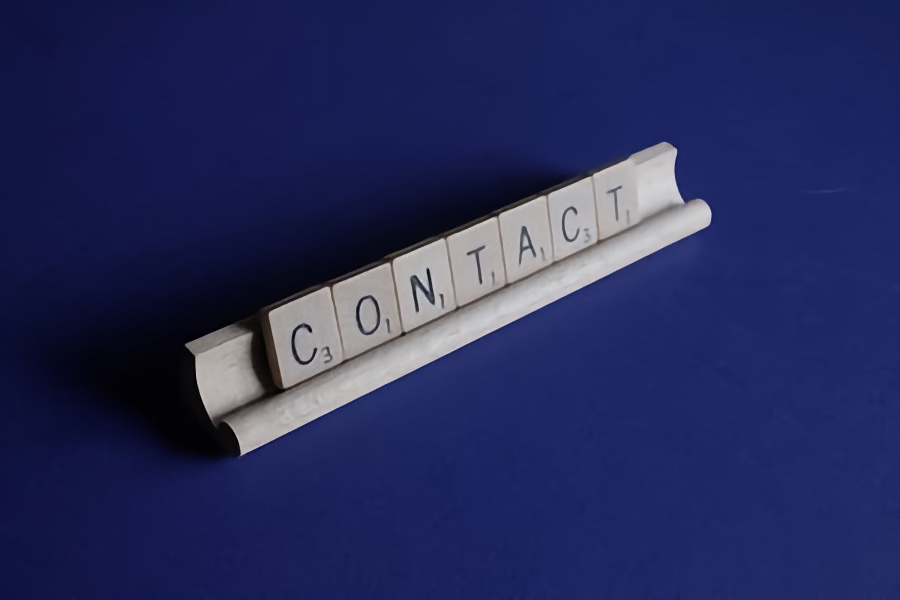Your counselling ‘first date’
You’ve considered the options, decided on private therapy, trawled through the directories (hopefully a little less stressful than Tinder…) and you’ve narrowed things down to 2 or 3 counsellors that so far, look as though they could be a good match for you. So now it’s time to think about your first conversation with a counsellor.

Before you pick up the phone or hit send on that first email, consider these things which may well come up in that initial conversation.
What’s bringing you to therapy now?
You don’t need to give out your life story – instead, what would be your ‘headline’ eg. “I grew up in a violent household and I know I’m still feeling the after effects and would like help to feel better” or “I keep crying at work and know I’m overwhelmed but don’t know what to do about it”. This will give the counsellor an idea of what’s going on for you so that they can make sure it’s an issue they can support you with.
What are you hoping to get out of therapy?
Some counsellors work in ways that encourage you to set a goal, but even if they don’t, this is something important to think about. Try to make it as specific as you can. For example, “I’d like to take time for myself without feeling guilty about it” is much clearer to work towards than “I want to feel happier”.
What’s your budget?
It almost definitely won’t be asked in quite such a blunt way, but in this conversation with a counsellor, cost will come up. If you have already checked their fees and know that you can, for example, only afford six sessions then it’s ok to tell them that. If you’d like longer term counselling then let them know, so that they can think ahead to make sure they can accommodate that. If finances are tight, ask them if they have any low cost slots – many counsellors do and are happy to discuss this.
Many counsellors will offer a free introductory call, or a reduced fee first session. These can be really helpful in finding out more about them and if you think they’re right for you, before you commit to working together for longer.
Remember, this is about you making sure they’re right for you too, so here are some things it’s really ok to ask them.
- What experience do you have of working with this issue / people who are going through this?
- What type of counselling do they offer?
- How many sessions do you think we will need to have together?
- What happens if I need to miss any sessions?
- Is what we talk about confidential?
- What times and days do you offer appointments?
What next?
If, in that first conversation with a counsellor, you seem to connect and you feel safe with them, then this might be the point at which they ask you to sign a contract/therapy agreement and to provide them with some basic information about you.
This may include your full name, address and GP’s contact details. This is standard practice and means that if at any point during your working together, the counsellor has serious concerns about your safety, they have someone they can contact about those concerns.
Remember though – any sharing of information about you should be made clear to you in your initial conversations and if it hasn’t been, please ask!
Your relationship has begun! But like any kind of relationship, it might not always be smooth sailing so my next blog will explore how to get the most out of it and deal with any problems that might arise.

Leave a Reply